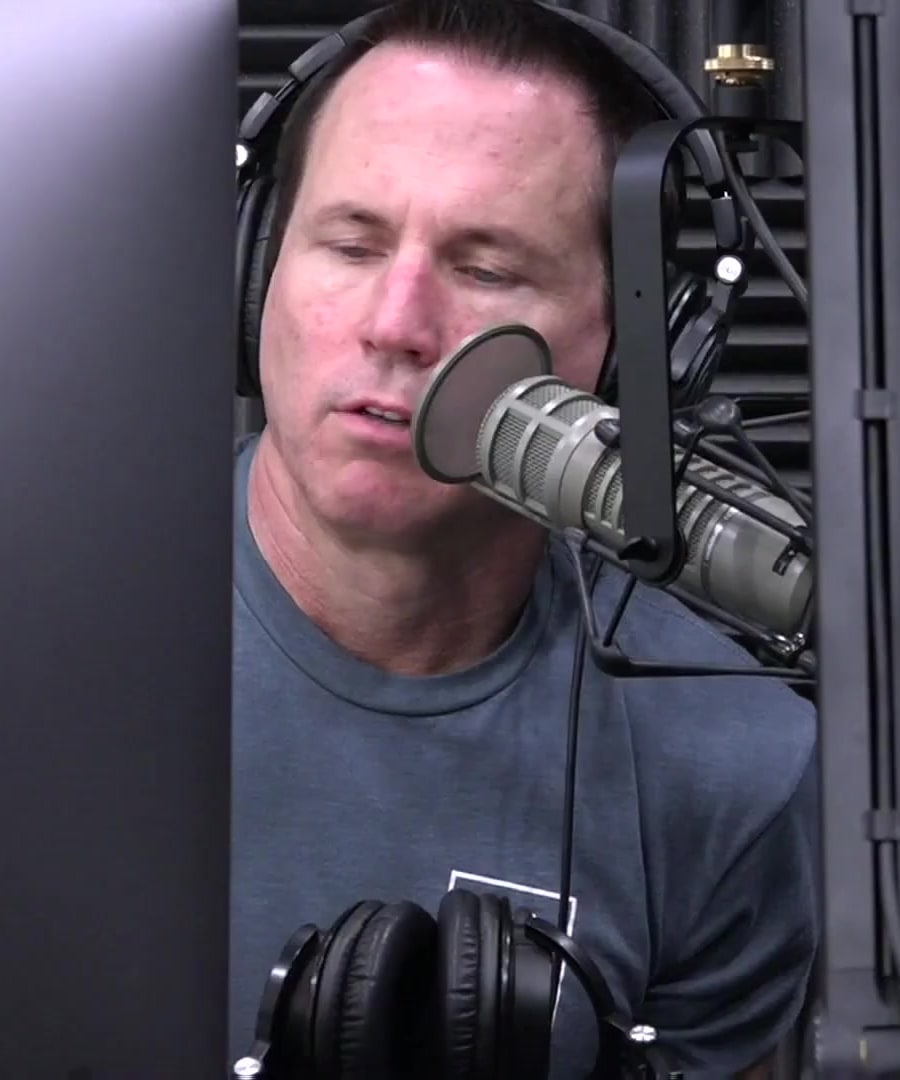Are body fat tests accurate?
Sources:
The accuracy of body fat tests can vary significantly depending on the method used and the circumstances of the test. Here are some insights on body fat testing accuracy based on discussions from the Mind Pump Podcast:
-
Inconsistencies Across Methods: No method is 100% accurate for measuring body fat. Methods like bioelectric impedance can be very inconsistent, and even calipers depend on the skill and consistency of the person conducting the test. Hydrostatic weighing is considered one of the better methods, but it still has some room for error 1.
-
Factors Influencing Accuracy: The accuracy of body fat tests can be affected by several factors, including hydration levels, the time of day the test is conducted, and how consistently the testing is performed. It's important to control these factors as much as possible to obtain more reliable results 1.
-
Importance of Trends Over Absolute Numbers: Even if individual measurements may not be perfectly accurate, tracking changes over time can still provide useful insights. This requires using the same method under the same conditions consistently 2.
-
Complementary Methods: Combining body fat tests with other forms of measurement, like taking photos or monitoring strength levels, can provide a more comprehensive view of someone's physical changes and health 3.
In summary, while no body fat test is perfectly accurate, using a consistent method and combining it with other tracking measures can provide valuable insights into your body composition changes.
RELATED QUESTIONS-


